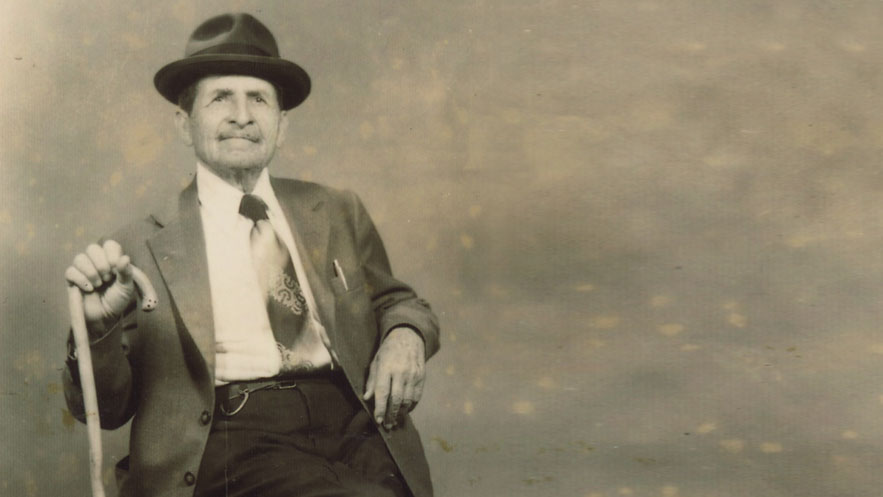After a short silence, he quietly asked, “Will you cry when I die?”. “I’m crying now just thinking about it!” I responded. It was my first visit to Koukounara, the village where my father was born, a village I was convinced as a thirteen year old, was forgotten by the deliverers of modern amenities. My grandparents’ house had no telephone, no television and no screens on the windows to keep out the swarms of mosquitoes that thrived in the wet and humid environment. I was grateful for electricity and dim light bulbs. Our vacation was coming to an end and my grandfather, already in his late 80’s, was quite frail. He had the temporal wasting and cachexia that as a doctor I now know was likely cancer. At the time though, I thought he agreed with me that the food in Koukounara really was terrible. I said goodbye to my grandparents the next morning about ten pounds lighter than when I arrived, my skin cobblestoned from all of the mosquito bites and feeling somewhat lightheaded from the blood loss. What I remember the most though is the pervasive sadness of not knowing if I would ever see them again.
My Pappouli George was born in Koukounara in 1895. He was a very clever and ambitious man upon whom the Gods did not smile very much. He served his country in World War I in Asia Minor and he was subsequently shipped off to Russia to fight against the Bolsheviks in their history changing revolution. Like a lot of the men who enlisted in the Great War, his whereabouts were unknown to his family for a few years. After he returned from Russia, he made the journey to the United States by ship on at least two occasions in pursuit of the American dream. Each time he was denied entry due to the changes in the immigration laws. He jumped ship once and tried to swim to shore, only to be plucked out of the ocean and returned promptly to Greece. His first wife died shortly after childbirth leaving him with a toddler and a newborn. He married my grandmother Roubiny even though he was promised her younger and more beautiful sister. With his three youngest sons, Kosta, Taso and Yianni, he planted a thousand olive trees on the piece of land his family called the “Alonakia” overlooking the bay of Navarino. Ultimately, five out of his six children emigrated to the United States in search of a better life. He spent most of his days tending to his olive trees and producing olive oil. (The same trees Twelve Letter Company tends to now, the same olive oil we bottle.)
In 1987 I returned to Koukounara to visit my grandfather who was now gravely ill and being taken care of at home. When I entered his room, I was taken aback by how much weight he had lost and how big and angular his bones seemed under his bed sheet. I sat on his bed and smiled at him and he asked me, “ Who are you?” to which I promptly responded, “It’s me! Who are you?”. He slowly turned his head and pointed his finger to a portrait of my brother and me dressed in full Greek costume (a hideous photo which I suspect is still hanging there). He smiled a big toothless smile and held my hands, and we sat there staring at each other, savoring our togetherness. My pappouli died a couple of weeks later. I cherish the memories I have of him especially of the conversation we had that night in August of 1983. And yes, I cried when he died. I’m crying now just thinking about it.
